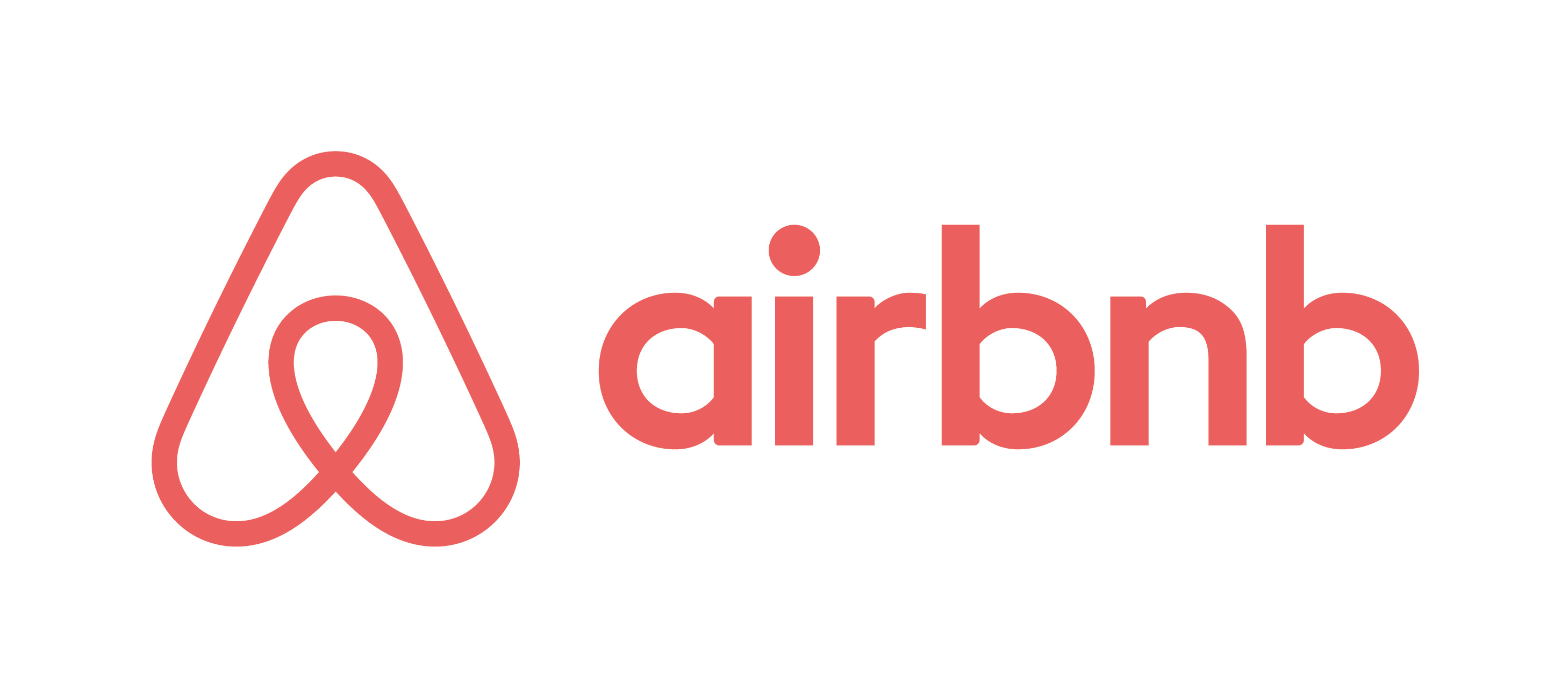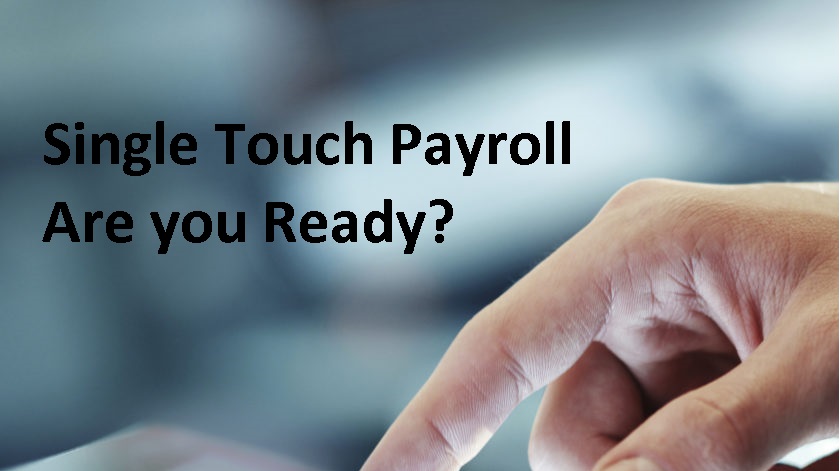With the Commonwealth Games coming up for the Gold Coast, some locals have chosen to rent out part or all of their house to visitors using Airbnb and other online platforms. If you are renting out your house (or part of it) even for a short period of time, there are tax and other consequences you need to consider.
Tax consequences
If you are renting out your home (or a part of it), any income earned will need to be declared as assessable income in your tax return. You may also be eligible to claim a proportion of the expenses for the property.
You will need to keep all of your receipts and records showing:
-
Total income earned for the property; and
-
Total expenses for the property (eg. rates, interest, insurance, cleaning, internet, repairs, fees charged by Airbnb or other rental platform).
If you only rented out a part of your house (eg. one room) you can only claim the expenses relating that proportion of the house plus a share of common areas (eg. bathrooms). These costs are generally apportioned on the basis of floor area – so you will need a floor plan for your property showing the total area and the area of the relevant rooms.
If you are earning income from your property, there may also be capital gains tax implications for your property when you sell it. You should seek advice regarding the capital gains tax implications before renting out your property.
Other consequences
You should check your insurance policy and make sure that the policy covers you if a tenant is injured on your property or your property is damaged or stolen by a tenant.
You should also review your local council regulations to ensure that short term letting is permissible in your local area. You may also be required to notify your local council that you are renting out your property.
If you are already renting your property, you need to check your lease to see whether a sub-lease is permissible.
If you would like to discuss the tax implications of renting out your property, please call us on (07) 56656469.
DISCLAIMER: The information in this article is general in nature and is not a substitute for professional advice. Accordingly, neither TJN Accountants nor any member or employee of TJN Accountants accepts any responsibility for any loss, however caused, as a result of reliance on this general information. We recommend that our formal advice be sought before acting in any of the areas. The article is issued as a helpful guide to clients and for their private information. Therefore it should be regarded as confidential and not be made available to any person without our consent,

Jeanette has over 20 years experience as an accountant in public practice. She is a Chartered Accountant, registered tax agent and accredited SMSF Association advisor. When she is not helping business owners grow their empires, you will likely find her out running on the trails or at the gym. Book in to see Jeanette today.




